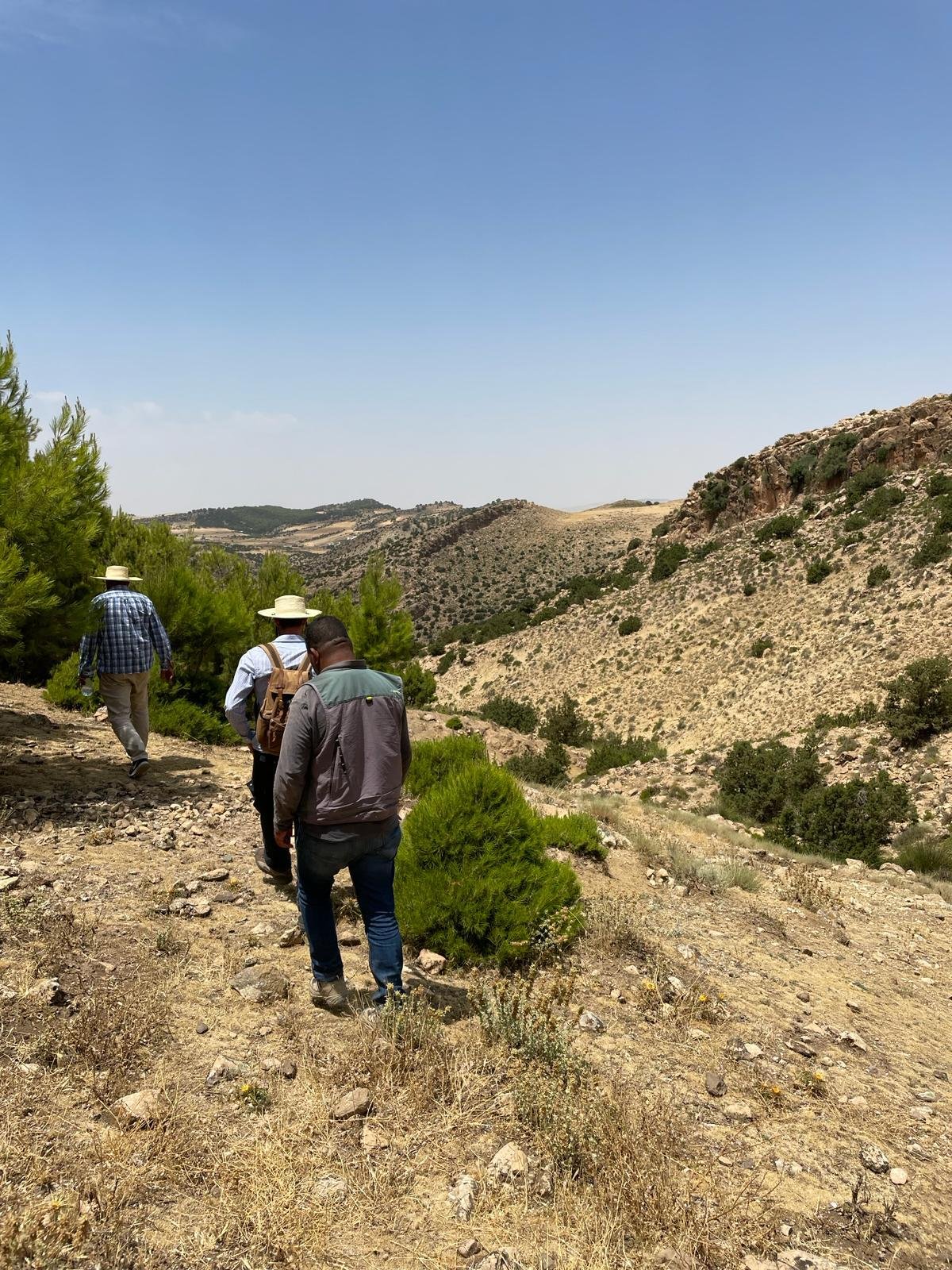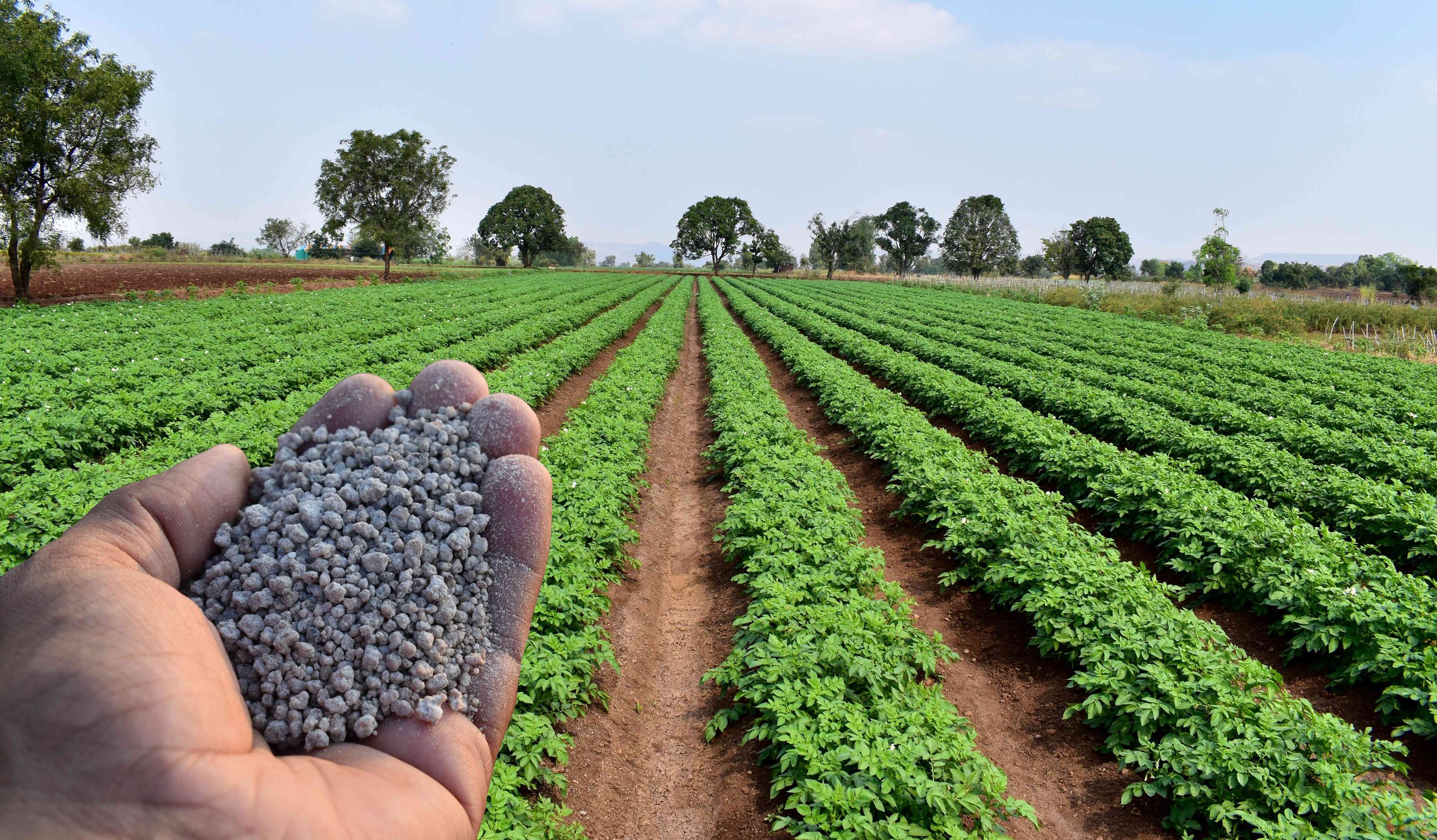
MedPhos
Unlocking the Potential of Phosphate

MedPhos, in partnership with Tunisia Mining Services SARL, is building a portfolio of phosphate assets in the north of Tunisia to become a significant fertiliser producer.
The Medphos investment trust was formed as an investment vehicle for the development of the Chaketma Phosphate Project, a world class phosphate deposit, in Tunisa. The project has been subject to extensive drilling and development studies including proving that Chaketma will be a long life mine that will add major benefit to the Tunisian economy and provide significant returns to investors.
The Chaketma Phosphate Project
The Chaketma Phosphate Project is a world-class mineral deposit, located 210km south-west of Tunis by road and just 35km from rail access which connects to the Port of Goulette / Rades for direct access to export markets.
Joint Venture Agreement
Signing of the original joint venture agreement for CPSA with Mr Taoufik Mansouri and Mr David Regan
Phosphate - Critical for estd. 40% of Global Agriculture
Phosphate is essential to agriculture because it is a key component of many biological molecules, such as DNA, RNA, ATP, and phospholipids. Phosphate helps plants to grow, develop, and produce seeds, fruits, and flowers. Without phosphate, plants would be stunted, weak, and susceptible to diseases. Phosphate also improves the quality and quantity of crops, which is important for food security and human nutrition.
Tunisia - Overview
Tunisia, the most northern African nation, has a diverse and flourishing economy that includes agriculture, mining, manufacturing, petroleum, and tourism. It is one of the oldest and most stable trading partners of the European Union in the Mediterranean region. The official language of Tunisia is Arabic, but French is also widely spoken and used in education, business, and media. Tunisia’s legal system is based on French civil law and the country has strong political and economic ties with France and other European countries.

Click on the below links to the World Bank’s description of Tunisia and for the official website of the Tunisian Government:
Tunisia - A Rich History
Tunisia has a long and rich history of being a powerful trading empire since the 7th century BC, when the Phoenicians founded Carthage. The Romans ruled the country for eight centuries, followed by the Ottomans for several more. Tunisia was colonized by the French in 1881. On March 20, 1956, Tunisia achieved independence from France.
Tunisia - Culture
Tunisia’s culture and identity are shaped by the various peoples who have inhabited it over the centuries, from the ancient Berbers to the more recent settlers. The country’s historical legacy is preserved in many stone monuments and ruins, some of which are designated as heritage sites.






